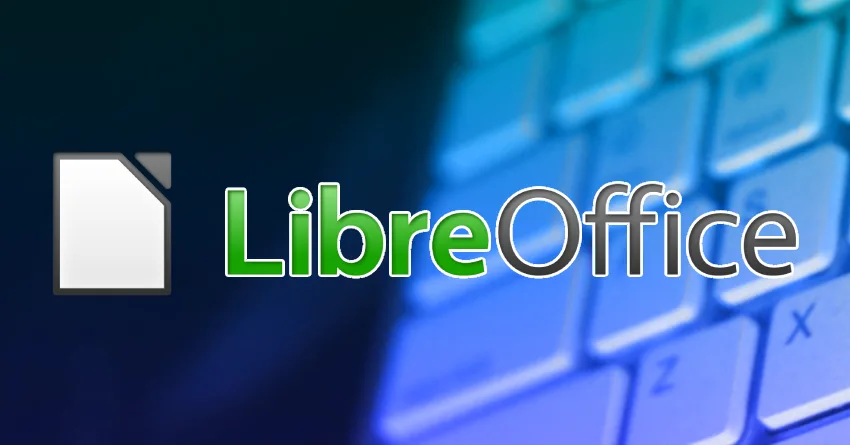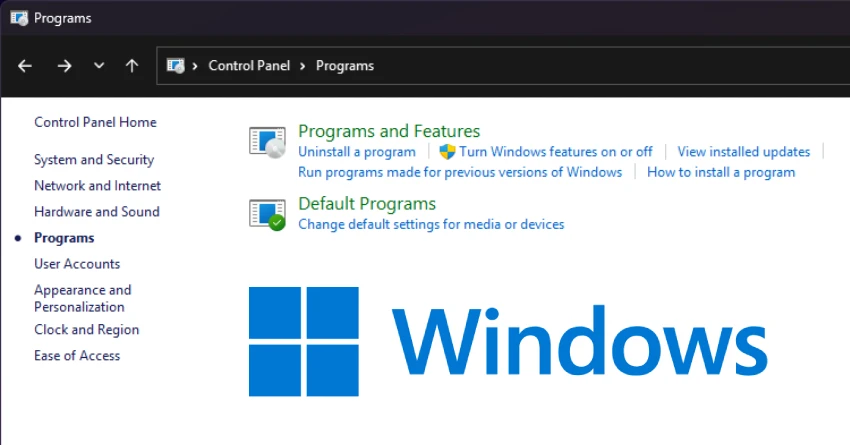If you’re choosing a word processor in 2025, you’re likely deciding between LibreOffice Writer and Microsoft Word. Word is the default standard in many workplaces and schools, but LibreOffice is a serious, mature alternative—completely free, open-source, and good enough for most people’s needs. I’ve used both extensively, and here’s an honest take on whether LibreOffice is good, why I prefer it over Word in many cases, and whether a free tool like this is “worth it.”
What LibreOffice Is—and What It Isn’t
LibreOffice is a complete office suite: Writer (word processor), Calc (spreadsheets), Impress (presentations), Draw, Base, and Math. Writer is the focus here. It handles everything from simple letters and essays to long reports with footnotes, tables of contents, and styles. Because it’s open source, it’s built on open standards like ODT (OpenDocument Text), which means you’re not locked into one vendor’s ecosystem.
What it isn’t: a drop-in clone of Microsoft Word. It opens and saves DOCX files and handles them well most of the time, but if your world revolves around complex DOCX documents, macros, and heavy corporate templates, expect occasional formatting quirks. For many home users, students, freelancers, and small businesses, the trade-offs are minor to nonexistent. For enterprises with strict compatibility needs, Word still wins.
Why I Use LibreOffice Instead of Microsoft Word
- Cost and control:
- LibreOffice is free—no subscriptions, no ads, no upsells. That alone is compelling.
- You install it, you own the capability. It won’t “expire,” and features aren’t gated behind a cloud plan.
- Privacy and offline-first:
- LibreOffice runs locally. Your documents stay on your device unless you choose to sync them.
- If you work in environments with tight data controls or limited internet, an offline-first tool is ideal.
- Open formats and long-term access:
- ODT is an ISO standard. That matters if you care about opening your documents 10+ years from now without being tied to one company’s file format decisions.
- You can still export to DOCX, PDF, and more when you need cross-compatibility.
- Cross-platform with consistent behavior:
- It works on Windows, macOS, and Linux with similar UI and features.
- If you switch systems or collaborate across different OSes, this is a quiet but powerful advantage.
- Customization and extensions:
- LibreOffice can be customized heavily—toolbars, keyboard shortcuts, styles, templates, and extensions.
- LanguageTool integration gives you grammar and style checking comparable to premium tools.
- You can tune Writer to be a distraction-free drafting space or a styled, template-driven publishing tool.
- Performance and stability:
- For everyday documents, LibreOffice is stable and responsive.
- It handles long-form writing with headings, footnotes, and references well—as long as you lean into its style system.
- While neither Word nor LibreOffice is perfect with massive, image-heavy reports, Writer’s stability is respectable.
- Ethos and community:
- LibreOffice is built by a global community and stewarded by The Document Foundation.
- If you like the idea of public, open tools that anyone can improve, it’s an easy choice.
Is LibreOffice “Good”? The Honest Pros and Cons
Where it shines
- Structured writing: If you draft using headings, paragraph styles, character styles, and templates, Writer feels robust and predictable.
- Academic writing: Footnotes, citations (via integrations like Zotero), and automatic tables of contents work beautifully.
- Exporting: PDF export is fast with fine-grained control.
- Batch formatting: Styles-based editing lets you rethink a document’s look in minutes instead of manually fixing each section.
Where Word is still better
- Real-time collaboration: Microsoft 365’s live co-authoring is polished. LibreOffice can collaborate via Collabora Online and platforms like Nextcloud, but it’s not as seamless out-of-the-box.
- Enterprise templates and complex DOCX workflows: If your org relies on intricate Word templates, VBA macros, SmartArt, and advanced tracking across departments, Word’s compatibility is unbeatable.
- Track Changes polish: Writer’s change tracking is good, but Word’s review features are often cleaner in multi-author legal or editorial pipelines.
- Macros: Writer supports macros (LibreOffice Basic/UNO), but VBA compatibility is limited. If your workflow depends on legacy Word macros, expect migration work.
In short: LibreOffice is “good” for most individual users and many small teams—especially if you embrace open formats, structured writing, and offline work. Word is “better” when you absolutely need its collaboration polish, exact DOCX fidelity, or enterprise integrations.
Practical Tips for Switching
- Use ODT as your master format: Work in ODT for reliability, then export to DOCX or PDF when sharing to avoid formatting surprises.
- Lean into styles: Set up paragraph and character styles (e.g., Heading 1/2/3, Body Text, Caption) for professional, consistent documents.
- Templates and themes: Build a house style with a template so every new document starts consistent.
- Grammar and proofreading: Install LanguageTool for real-time advice similar to Grammarly.
- Compatibility checks: When sharing with Word users, export to DOCX and do a quick visual scan. For high-stakes submissions, also export a PDF.
- Autosave and backups: Enable autosave and keep a rolling backup to protect drafts.
The Value Question: Is a Free Editor Worth It?
Absolutely—if it genuinely meets your needs. The value of LibreOffice isn’t just “free as in price.” It’s also free as in control: freedom from subscriptions, freedom to work offline, freedom to adopt open standards. For students, freelancers, NGOs, and anyone who writes regularly without enterprise constraints, that’s real, tangible value.
But “free” isn’t your only criteria. Consider the time you’ll spend handling compatibility or building new templates. In my experience, that initial setup pays for itself quickly, mainly if you stick with ODT as your core format and export only when needed.
Verdict
- Is LibreOffice good? Yes. It’s a capable, polished, and continually improving word processor that handles most writing tasks with confidence.
- Why use it over Word? Cost, privacy, open formats, offline-first reliability, cross-platform consistency, and deep customization.
- Is it worth it because it’s free? Yes—if you value ownership, long-term access, and a tool that serves you rather than a subscription.



